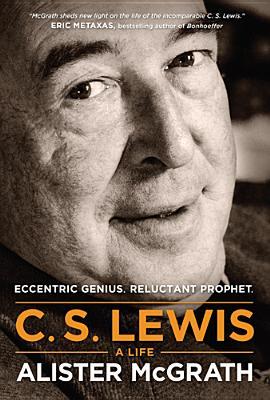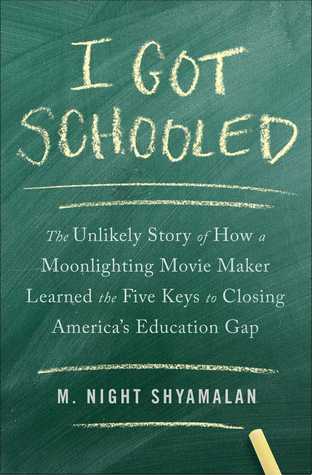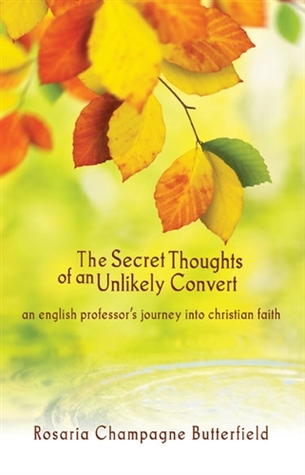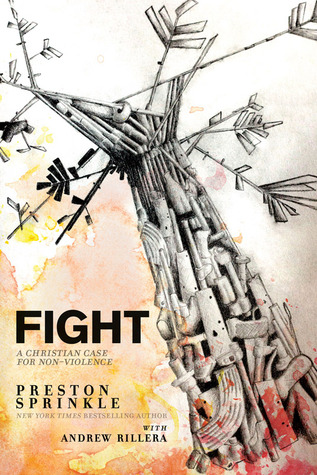C.S. Lewis: A Life by Alister McGrath
I love C.S. Lewis, as many people do. His writings are some of the most thought-provoking ever written. McGrath's book takes us into the life of Lewis, and what I like about the book is how Lewis' writings are shaped by the things that Lewis went through. After reading McGrath's biography on Lewis, I started reading almost everything else by him that I could find, including The Intellectual World of C.S. Lewis and Faith and Creeds. This was easily my favorite book of 2013.
Start by Jon Acuff
Acuff is great at motivating people to do something important with their lives. I read Start at a time when I was facing the reality that what I thought God wanted me to do with my life, he wasn't letting me do, and I was interested in the possibility of becoming a school teacher. While reading Start, I took the plunge to get my alternative teaching certification, and I'm in my first year of teaching now. Start is about getting rid excuses and pursuing the dreams that dwell inside of you. I love the process he outlines because it's a process for living all of life and continually improving. It's a great book.
Contagious by Jonah Berger
I love information, and I'm really interested in what causes certain information to spread so widely and rapidly. Jonah Berger's book is about how an idea, concept, or message becomes contagious. He outlines six steps for making something contagious, and each chapter is devoted to one of the steps. He provides compelling examples for each step and research to back up his findings. I love the way he challenges common assumptions. This is a great book for any communicator.
I Got Schooled by M. Night Shyamalan
Like most people, I was surprised to learn that filmmaker M. Night Shyamalan was writing a book on education. I love Shyamalan's movies, I'm an educator, so I was immediately intrigued by the concept of this book. Shyamalan seems to genuinely care about the state of education in America, and he outlines five solutions that work cohesively together to create real change in America's schools. As a teacher, his findings challenged me to be my best as an educator because of the potential cost to students who have just one year under a poor teacher. The book works because Shyamalan is a great story teller, and the stories he tells about students and teachers he met on his journey to finding the key tenets to successful education were inspiring and gave hope for a better educational future. Even if you don't agree with everything that Shaymalan presents, if you're and educator or a parent, this book is worth your time for the research it presents.
The Secret Thoughts of an Unlikely Convert by Rosaria Butterfield
I had heard a lot of people talking about this book, so I finally decided to check it out myself. Butterfield's story is really interesting, and I love her honesty. I don't agree with all of her theology, but she does present Jesus in a way that makes him known and reveals his beauty. Butterfield's story is interesting because she chronicles a transformation from living one way to living another, and it was a change that was clearly catalyzed by something outside of her. Anyone should read her story.
Fight by Preston Sprinkle
Sprinkle tackles a difficult issue for Christians in this book. Should Christians ever respond violently? He walks us through Scripture to show that God's heart has always been for people to act in love toward one another. He makes a compelling case for nonviolence and a rejection of war. He presents a lot of Scripture to back up his conclusions. It's a difficult subject, especially in the areas of self-defense and participating in war. I struggled with what I was reading with this book, but it's definitely thought-provoking.
Jesus>Religion by Jefferson Bethke
Bethke became famous after his poetry video "Why I Hate Religion, But Love Jesus" went viral. I saw the video and knew exactly what he was talking about. Bethke appeals to a lot of people because he gets to the heart of what many of us feel are inadequacies when it comes to American Christianity and the churches that represent it. Jesus>Religion is Bethke's personal journey as he explores what it really means and looks like to genuinely follow Jesus. This is another book that reveals the beauty of Jesus. I knew before I even read the book that this would end up on my favorites list.
Called to Stay by Caleb Breakey
The easiest thing to do when you feel like you've been genuinely burned by a church is to walk away from it. I've felt that pull, and countless others have as well. Breakey's book is about rejecting that pull. It's about loving the bride of Christ more than we love ourselves. Breakey outlines strategies for loving Jesus and being an infiltrator by staying in the church and loving it enough to do what it takes to make it more like Jesus. The book is very practical and it challenges you to take an active role in being a change agent within a church. It's a hard path to take, and it takes a great deal of humility to do well.
Kingdom Come by Sam Storms
I started doubting the dispensational theology presented by the popular Left Behind series several years ago when I actually started studying the relevant passages for myself. It just didn't add up. I could never find a book that adequately described what I was discovering, though. Until I heard about this book by Sam Storms. Storms is an amillennialist, and his book outlines the amilliennial position. I don't quite agree with every theological aspect of the book, but I found much that I do agree with. Storms exegetes Scripture thoroughly and well in this book. I recommend it for everyone interested in what the Bible teaches about the end times.
Covenantal Apologetics by K. Scott Oliphint
I love apologetics, and I love studying complex theology. Oliphint is a mixture of both. He takes his cue from apologist Cornelius van Til in presenting a method of apologetics called covenantal apologetics. At the core of Oliphint's method is the firm belief that Christ is genuinely Lord over both those who believe and those who don't. Our job in defending the faith is getting people to recognize this reality through biblical truth and embrace it by changing their position from opposed to God to aligned with God. The gospel is our defense, and Oliphint brilliantly outlines how our conversations with unbelievers should go. This is a deep book and requires deep thought. It's definitely one I find myself picking up again and again.










No comments:
Post a Comment